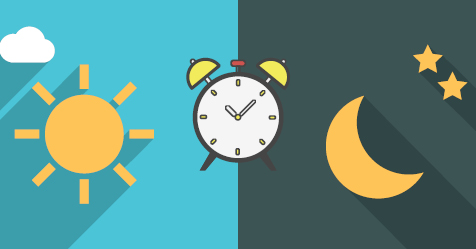As the clocks go back and the nights draw in, we want to emphasise the importance of staying safe in the dark and ensuring you’re visible when you’re travelling at night.
For veterinary nurses, SVNs and others working in the profession, this is especially important when you’re working night shifts in practice and need to travel to and from work.
Read on to check out all of our top tips…
- Check all your car or bike lights are working fully before the darker nights set in. Particularly check your fog lights, as it may be some time since you have used them.
- If you’re cycling or walking to work after dark or in poor visibility (eg foggy or overcast days) you should wear bright, reflective clothing and tape to draw drivers’ attention.
- Be aware that other road users may not be taking steps to make themselves visible. Look out for them; better use of your lights will help you see and avoid others.
- Make sure you keep blankets, a torch and basic safety equipment in your car in case you break down in adverse weather conditions.
- Don’t forget about your dogs! Hi-Vis dog leads and flashing collars will help your dog to be seen in the dark.
- Be aware of your surroundings when walking in the dark. Take out your earphones and be conscious of using your phone in dark areas.
- Make plans for your journeys and ensure you know who you will be travelling with. If you plan to take a taxi, either book it in advance or get one from the taxi rank.
- Be mindful that some of you or your colleagues may feel different during darker months. Seasonal Affective Disorder (also known as ‘winter depression’) can cause people to feel low or lethargic due to the reduced exposure to sunlight. It usually takes around 3 days for your body to adjust to the clock change. You may feel more tired and have difficulty concentrating until you adjust to the extra hour in the day, however if you feel consistently low and are struggling to cope please visit your GP.
- Try to get outside during daylight hours. Cold dark days can impact your mood so spend time outside during brighter hours.
- Don’t forget to set your alarm clocks! It can be even more difficult to get up and out of bed when it’s still dark outside. Make sure you set a few different alarms and ensure you leave enough time to defrost your car before setting off for work or college.

